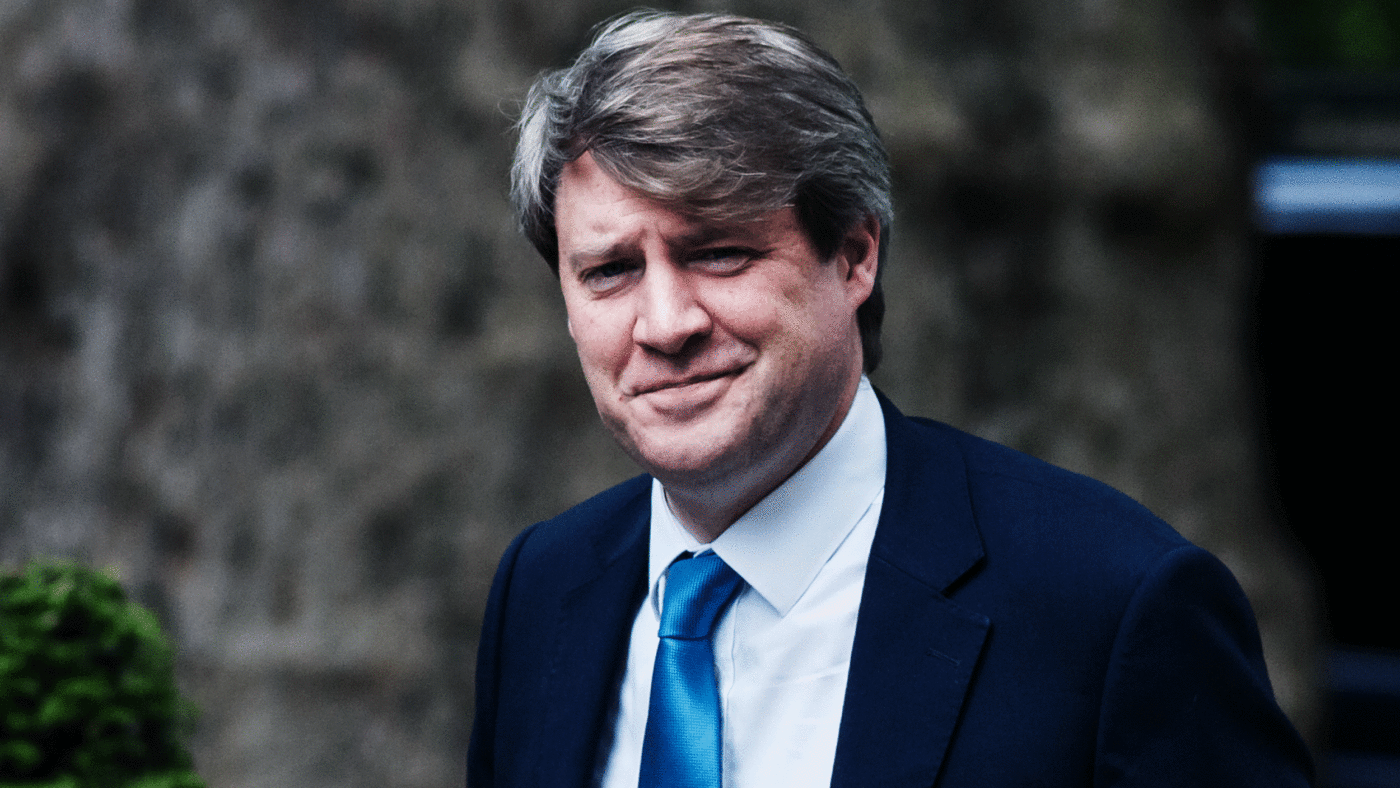Cutting emissions from the economy has long been a central aim of Boris Johnson’s Government. But what started as an ambition to decarbonise for the sake of the planet has now morphed – partly, at least – into an even more urgent mission to defend democracy itself.
The horrific war which Vladimir Putin is waging against Ukraine has put into sharp focus how interlinked Europe is to the authoritarian petrostate. As noted by Bloomberg’s Javier Blas, in the 24 hours after Russia recognised the self-proclaimed People’s Republics of Donetsk and Luhansk, the EU, UK and US collectively bought around 3.5 million barrels of Russian oil and 275 million cubic metres of gas. At current prices, that tallied in at over $600 million – the proceeds of which will ultimately provide funds for Putin’s war machine. It’s also the case that retaliation from certain European nations has at times been restrained, to the extent that they are so dependent on the supply of gas and oil from Russia, and fear stronger sanctions would result in the taps being turned off.
There were already enough reasons to kick our fossil fuel habit, but for many the situation in Ukraine will provide the most depressing and the most compelling.
How then should the UK respond? Simply declaring the need to turn away from fossil fuels is one thing, but putting it into practice is quite another. Yesterday, I sat down with Chris Skidmore MP to discuss exactly that. As the man who technically signed the UK up to Net Zero greenhouse gas emissions by 2050, he is better placed than most to give insight into what that entails.
I began by asking Chris where he thought current policy was falling short in terms of decarbonisation. His reply was as immediate: energy storage. Chris explained that while we have policies in place which are doing a good job of supporting clean energy generation – such as the now annual Contracts for Difference auctions – there is less of a plan to figure out how to capture that energy when we are producing a surplus of it, and release it when renewables are not generating the power we need.
Of course, one energy vector which certainly could be stored and burnt to dispatch energy as and when it is required is fracked shale gas. And indeed, fracking seems to be enjoying a renaissance in Britain at the moment – if only in terms of coverage in the media – despite the moratorium on drilling which has been in place since 2019. Did Chris think a shale revolution could be the answer to energy insecurity? Not exactly. He noted that Britain’s geological particularities – being much more densely populated than, say, America, which has fracked on a wide scale – mean that it’s not realistic to think that fracking could ever surmount the thicket of local planning regulations, even before we consider its environmental credentials (or lack thereof).
My final round of questions sought to get Chris’ thoughts on the increasing hostility towards Net Zero from some Tories. He argued there were two broad forces at play. The first is the obvious rise in the cost of energy, accompanied by a critical misdiagnosis of why it is occurring. Rightly, Chris stressed that spiralling energy prices are overwhelmingly explained by the rising wholesale cost of gas – as opposed to being the result of installing more renewables or home insulation programmes. The answer to containing further energy cost rises, therefore, is to double down on the push to a cleaner energy system, rather than turn away from one.
Second, he drew on the analogy between Brexit and the re-emergence of climate scepticism among some of his Conservative colleagues. Though there is widespread support for action on climate change among the general public, Chris acknowledged that the debate has all too often been led by unaccountable and unelected elites, in lofty fora such as the UN. The nature of this has made endeavours like Net Zero easy targets for those uncomfortable with that approach to policy making, hence the sorts of arguments we are now seeing against decarbonisation.
I think there is wisdom in this analysis, and it should be instructive for those who want to accelerate the transition to a cleaner economy. While expert analysis, statistics, and forecasts are necessary, they are far from sufficient. Keeping the preponderance of society onside for Net Zero will also require narratives which resonate with people’s inner emotions – for instance ensuring that tomorrow’s planet is as full of wonderment and awe as it is today – as well as ones which can be tangibly felt on a daily basis, like warmer, more comfortable, better insulated homes.
Phasing out fossil fuels will be far from easy. Not only will new technologies need to be invented and deployed to cut emissions from all corners of our economy, but a careful balancing act will need to be played to ensure that, politically, the consensus on taking action holds firm. Arguments have to be made continually, and in a number of different rationales.
This brings us back to the question of Russia. Though energy isn’t the only factor at play, it is a significant one. European nations are painfully learning the consequences of relying on a dictatorial regime for some of the building blocks of their economies. For all of the long-term warnings about what will happen to the climate if we fail to shift away from fossil fuels, the tragedy ongoing in Ukraine provides a stark reminder of the multifaceted case for change.
Click here to subscribe to our daily briefing – the best pieces from CapX and across the web.
CapX depends on the generosity of its readers. If you value what we do, please consider making a donation.


